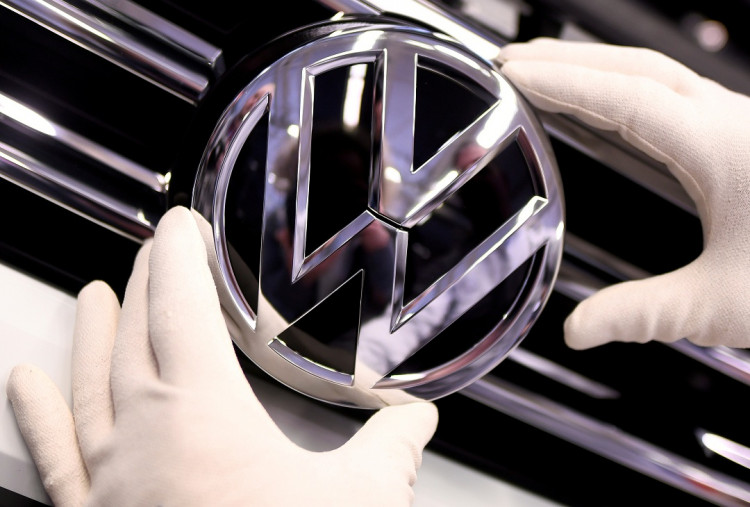Following China's implementation of more lenient foreign ownership regulations in the country, several foreign automotive manufacturers are now revealing their plans to take advantage of the change. According to reports citing sources close to the matter, Volkswagen AG is apparently also now considering buying a large stake in one of its Chinese joint venture partners.
The report reveals that Volkswagen AG is looking into buying a large stake in the Chinese automotive manufacturer Anhui Jianghuai Automobile Group (JAC Motor). The company is one of China's biggest automakers, which owns several automotive brands such as the fully-electric firm Nio. To help it with its purchase, Volkswagen has reportedly tapped Goldman Sachs as its adviser.
JAC Motors is Volkswagen's larger joint venture partners in China. However, Volkswagen is not a shareholder in the Shanghai-listed Firm. According to Refinitiv, JAC Motors's market value currently stands at around US$1.7 billion. Volkswagen, which is currently valued at around US$85 billion, reportedly aims to buy a large stake of the company by purchasing shares from its major shareholders.
Most of the shareholders are state-backed firms, estimated to be holding around 40 percent of the company's total shares.
The company's largest shareholder is its parent company Anhui Jianghuai Automobile Group Holding, which is fully controlled by the local government. The parent company currently holds 24 percent of JAC Motor.
In response to the report, Volkswagen mentioned that they are in fact exploring different options with their stakeholders in the world's biggest car market and will find ways to ensure their long-term success in the country. Meanwhile, JAC Motor declined to comment on Volkswagen's alleged plans.
Volkswagen's move to purchase a large stake in the Chinese company is the latest step by foreign automotive firms to take advantage of Beijing's newly relaxed ownership rules.
Prior to the change, foreign companies were prohibited from controlling Chinese firms and joint venture projects. Last year, the country removed those rules and increased the share cap for foreign automotive companies. China plans to allow foreign automakers to enter into the fully-electric and hybrid markets first. It plans to remove caps on commercial vehicles by 2020 and for the entire market by 2022.
Volkswagen's German rival, BMW, previously announced plans to buy controlling shares of its joint venture company in China. Meanwhile, Daimler AG has confirmed that it will be increasing its stake in its Chinese partner BAIC Motor. With more of the companies now looking into buying controlling stakes in Chinese firms, other manufacturers are expected to follow suit in the coming years.






